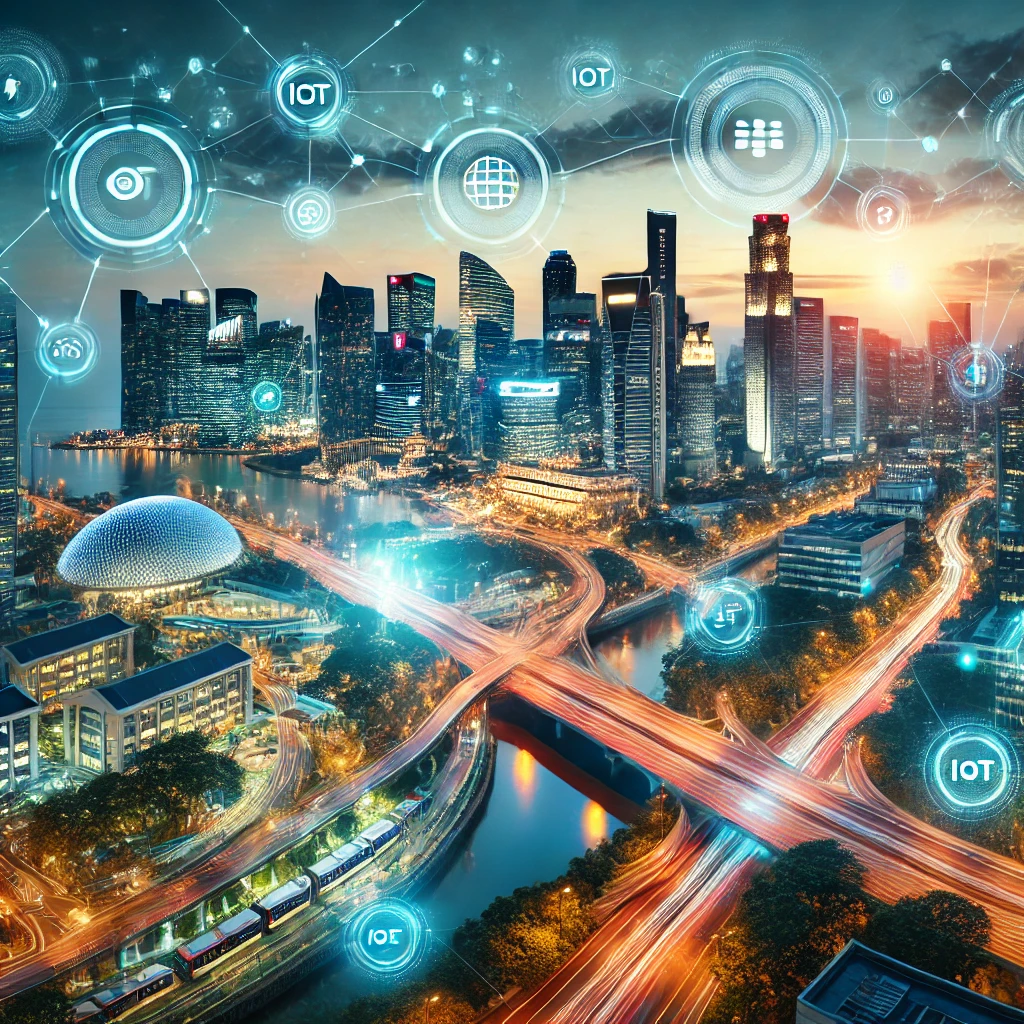Introduction
In a world increasingly aware of the climate crisis and the need for sustainable development, clean technologies and renewable energies have become fundamental pillars for ensuring a greener future. These innovations not only promise to reduce our dependence on fossil fuels but also offer viable solutions to mitigate the effects of climate change while simultaneously improving the quality of life across the planet.
Definition of Clean Technologies and Renewable Energies
Clean technologies refer to a set of methods, processes, and products designed to minimize negative environmental impacts, promoting efficiency and sustainability in the use of resources. These technologies include a wide range of applications, from reducing industrial emissions to efficient water and waste management.
On the other hand, renewable energies are energy sources obtained from inexhaustible natural resources or that regenerate at a faster rate than human consumption. The most common include solar, wind, hydroelectric, geothermal, and biomass energy. The main difference between the two lies in that renewable energies focus exclusively on energy generation, while clean technologies cover a broader spectrum of sustainable applications.
Examples of Clean Technologies
Solar Energy
One of the most well-known and widely used forms of renewable energy. Solar panels convert sunlight into electricity, providing a clean and abundant energy source that significantly reduces the carbon footprint.
Wind Energy
Wind turbines harness the power of the wind to generate electricity. This type of energy is especially effective in regions with constant and strong wind currents.
Biomass
Involves the production of energy from organic matter, such as agricultural residues, forestry waste, and organic waste. This technology not only helps reduce waste but also generates clean and renewable energy.
Geothermal Energy
Uses the Earth’s natural heat to generate electricity and heating. This form of energy is particularly relevant in areas with significant volcanic or geothermal activity.
Impact on Sustainability and Carbon Footprint Reduction
Clean technologies play a crucial role in promoting sustainability and reducing the carbon footprint. By leveraging renewable natural resources and minimizing waste, these technologies not only help preserve the environment but also promote economic efficiency. For example, the use of solar and wind energy has significantly reduced greenhouse gas emissions in many countries, contributing to the global fight against climate change.
Additionally, the implementation of clean technologies in key industries has proven to be an effective strategy for reducing long-term operational costs, which can also translate into a competitive advantage in the global market.
Innovations and the Future of Clean Technologies
The future of clean technologies is promising, with innovations that continue to expand the possibilities for a more sustainable world. Some emerging trends include:
- Energy Storage: The development of more efficient and durable batteries will allow renewable energy to be stored more effectively, solving one of the main challenges of these technologies.
- Smart Grids: Integrate renewable energies into more efficient and flexible power distribution systems, optimizing energy use.
- Carbon Capture Technologies: Designed to capture and store CO2 emitted by industries, these technologies could be key to reducing global emissions.
As these innovations develop and are implemented on a larger scale, clean technologies are expected to play an even more central role in the transition to a truly sustainable development model.
Conclusion
The adoption of clean technologies and renewable energies is essential to facing the environmental and climate challenges of the 21st century. They not only represent a viable solution to reducing the carbon footprint and promoting sustainability but also offer significant economic opportunities globally. Investing in these technologies is an investment in the future of our planet and the well-being of future generations.


